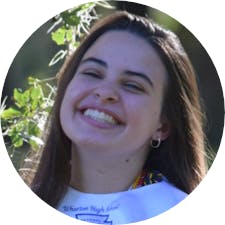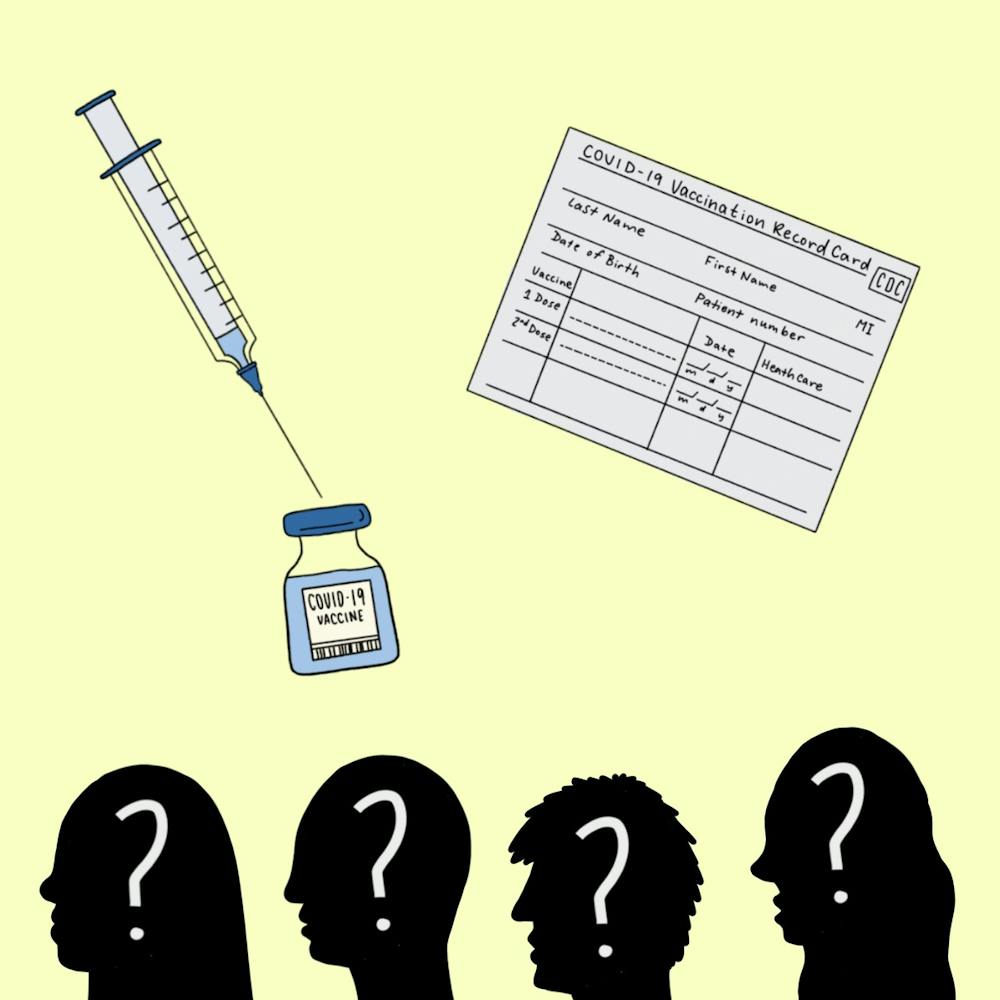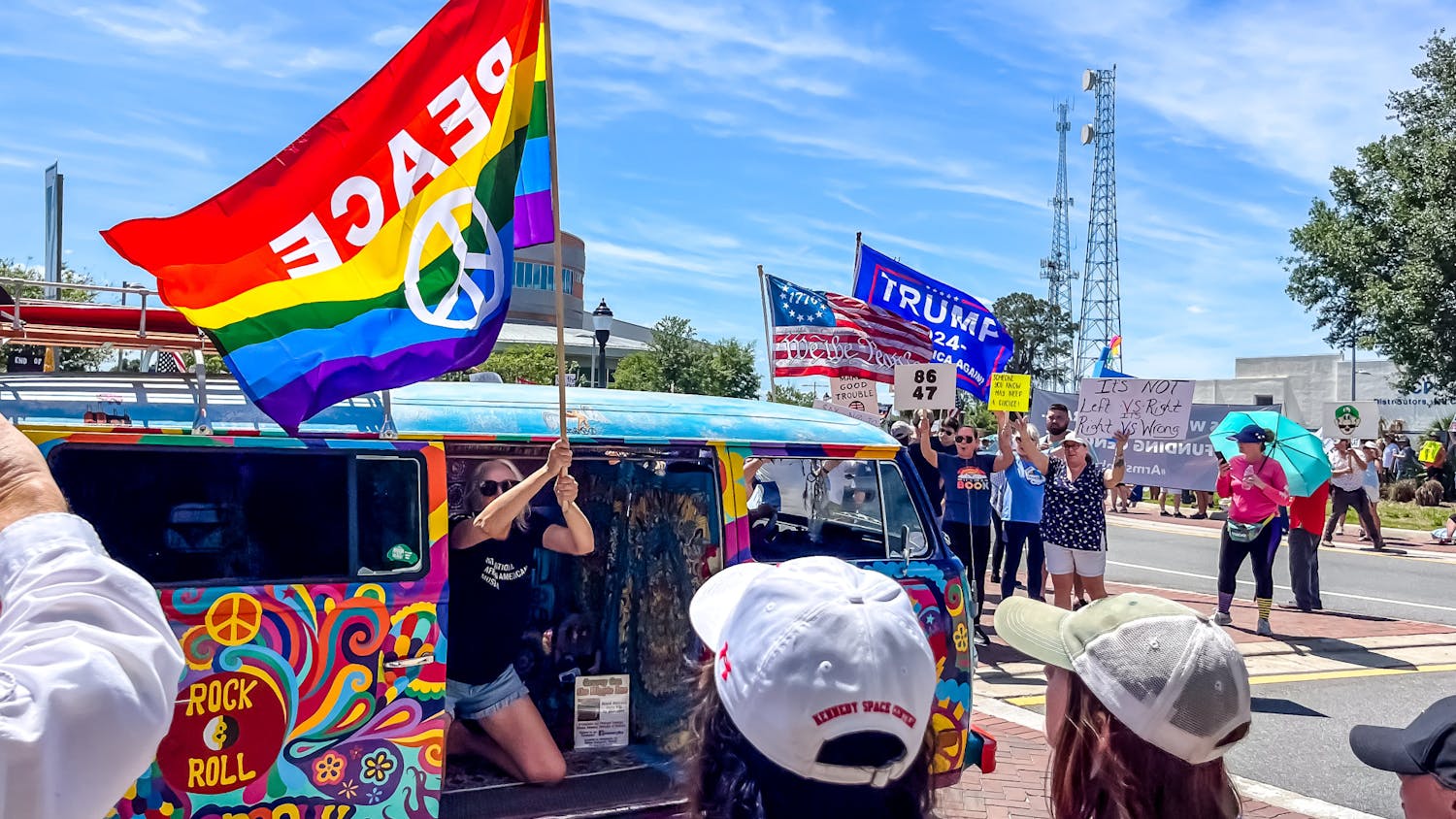Eight months after the initial rollout of the COVID-19 vaccine, 34% of Alachua County residents remain unvaccinated.
This month, the Food and Drug Administration approved the Pfizer BioNTech COVID-19 vaccine. However, hesitancy to get the shot continues despite strong recommendations from UF, city, county and national officials.
Data from the Kaiser Family Foundation shows Hispanic and Black vaccination rates lag behind those of white people in most states across the country. In Florida, although the Black community makes up 15% of the population, it only accounts for 9% of those vaccinated.
Historically, Black people have faced discrepancies from the U.S. health care system, which resulted in hesitancy toward medical and scientific recommendations, including the COVID-19 vaccine.
Examples include the Tuskegee Syphilis experiment, in which Black people were unethically subject to scientific experiments, and the Henrietta Lacks case, where scientists took a Black woman’s cancerous cells without her consent while she sought treatment.
Chanae Jackson, a 42-year-old Black East Gainesville resident, recognizes that people around her are hesitant to take the vaccine.
“We [the Black community] do have a great distrust for the medical system,” Jackson said.
She’s managed to convince more than 200 people to get vaccinated despite popular skepticism.
“The statistics still are in your favor to get vaccinated,” she said.
Jackson contracted COVID-19 in July, when cases spiked in Florida. After receiving the vaccine months prior at CVS, she was not hospitalized and faced mild symptoms, which she feels were minimized by the vaccine.
Traci Amberbride, a 49-year-old teacher at the PACE Center for Girls in Alachua County, is also concerned about those who refuse to get the vaccine and is nervous about the rapid spread.
The center allows parents to sign an opt-out form for their children to attend class without a mask. However, every student whom Amberbride teaches still chooses to wear their mask.
“I’m tired of wearing masks,” she said. “I would like us not to, but that means we have to be safe. We have to get to that point.”
Amberbride was hesitant to send her eighth grade daughter to school, where nearly everyone is maskless. She wants people to get vaccinated to achieve a level of herd immunity.
“If the people who could be vaccinated that don’t suffer from those kind of problems were vaccinated, then you totally minimize the pool of hosts for the virus,” she said.
Amberbride does not believe this is an instance where those for and against the vaccine can agree to disagree.
Finding accurate information is a challenge, though, as scientists and elected officials find new ways to distribute information.
As an immunologist, Maigan Brusko urges people to educate themselves on the COVID-19 vaccine.
“The scientific community in general needs to get better at getting the message out more clearly,” the 37-year-old UF assistant scientist said.
With the surge of the more infectious and deadlier Delta variant, Brusko believes the vaccine is now more important than ever.
UF Health infectious disease expert Dr. Kartik Cherabuddi recognizes the fear many immunocompromised people have about the COVID-19 vaccine but still ensures the vaccine is safe.
“I haven't found an immunocompromising condition that would preclude you from vaccination,” he said.
Cherabuddi also mentioned the vaccine’s quick release is a factor in people’s hesitancy toward the COVID-19 vaccine.
He emphasized the vaccine trials went through a rigorous review process. Scientists across the U.S. continue to look for flaws in the vaccine, but none have been successful, Cherabuddi said.
“Every scientist, investigator, doctor has reviewed them in such great detail that if someone could find a significant issue with the trials themselves, they will become famous,” he said.
He said the first dose of any of the three vaccines — Pfizer, Moderna or Johnson & Johnson — guarantees 40% to 50% protection from contracting the virus and lessens the spread of the Delta variant.
UF is working with multiple groups across the community to encourage vaccination among vulnerable groups through targeted events and outreach programs. “Because misinformation is not uniform, lack of confidence is not uniform,” Cherabuddi said. “We have to understand what the specific areas are that we must address and that information sharing is a two-way street.”
Contact Faith Buckley at fbuckley@alligator.org. Follow her on Twitter @_faithbuckley

Faith is a third-year journalism student specializing in sports media. She hopes to one day work as a play-by-play announcer for the National Hockey League.






